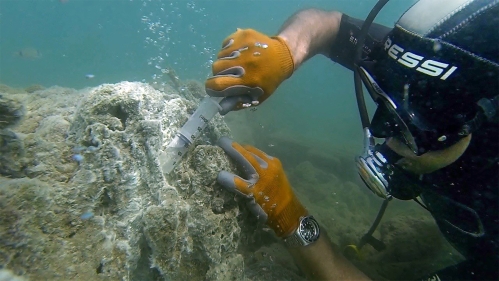Research
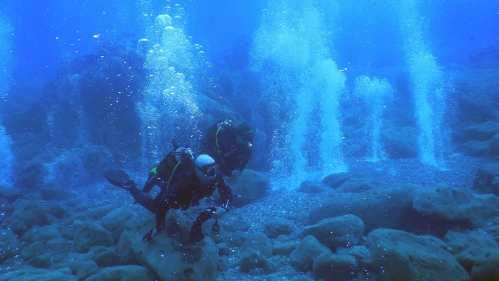
Research in the Department of Biochemistry and Microbiology at SEBS spans molecules to ecosystems. Our faculty use state-of-the-art tools—including genomics, metabolomics, and proteomics—but our research extends well beyond omics fields. We integrate field sampling in remote and urban locations, do classical cultivation, gnotobiotics, experimental evolution, and clinical trials to tackle fundamental questions in microbiology, biochemistry, and molecular biology. Our work informs public health, biotechnology, and environmental resilience through interdisciplinary collaborations across Rutgers and beyond.
Microbiomes in Health, Development, and Disease
We examine how microbial communities form, function, and shape host biology across life stages and environments. Faculty in this area study the human gut microbiome in urban and traditional societies, microbial development from infancy, and how dietary interventions alter microbial composition and metabolism. In model systems such as Drosophila and Aedes mosquitoes, we investigate how microbes modulate host behavior, immune responses, and chemosensory signaling. This work advances both mechanistic understanding and clinical translation of the results.
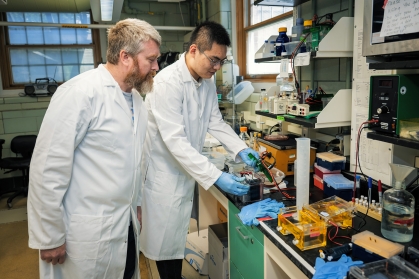
Microbial Pathogenesis, Stress Physiology, and Host Interactions
We investigate how pathogenic and commensal microbes survive environmental pressures and interact with their hosts. Research includes the molecular mechanisms of virulence in Staphylococcus aureus, Pseudomonas aeruginosa, and Salmonella enterica, with a focus on oxidative and nitrosative stress responses, small-molecule signaling, and iron-sulfur cluster biochemistry. Faculty in this area identify conserved pathways that bacteria use to evade immune responses and persist in dynamic environments, informing antimicrobial development.

Environmental Microbiology and Bioremediation
We study how microbes metabolize, tolerate, and transform environmental pollutants. Faculty in this area focus on xenobiotic compounds such as polycyclic aromatic hydrocarbons (PAHs), halogenated aromatics, and persistent organic pollutants including dioxins and brominate flame retardants. Research combines molecular biology, functional genomics, and metabolic profiling to identify key pathways for biodegradation. We also examine the ecotoxicological effects of emerging contaminants and develop microbially driven strategies for environmental cleanup.
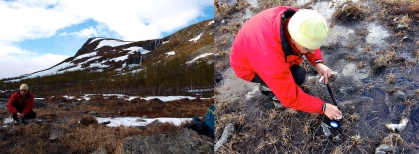
Microbes, Ecosystems, and Climate Change
Microbes are central to the functioning of ecosystems under stress. Faculty in this area investigate microbial communities in Arctic soils, coral reefs, hydrothermal vents, and other climate-sensitive environments. Using metagenomics, cultivation, and in situ analyses, we assess how microbial diversity and function shift in response to global change. Research addresses carbon and nitrogen cycling, microbial resilience, and feedback between microbial metabolism and climate.
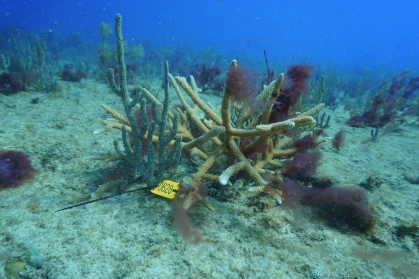
Microbial Evolution, Genomics, and Symbiosis
We study the evolutionary processes that shape microbial genomes and their ecological roles. Faculty in this area examine gene duplication, endosymbiosis, horizontal gene transfer, and the evolution of metabolic innovation. Research includes symbiotic relationships in marine organisms (e.g., sponges, corals, algae), the origins of plastids and mitochondria, and genome evolution in extreme environments. We use experimental evolution, comparative genomics, and bioinformatics to track how microbes adapt, diversify, and interact with other organisms.
